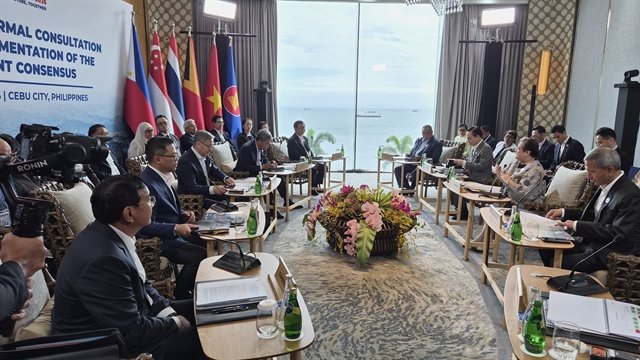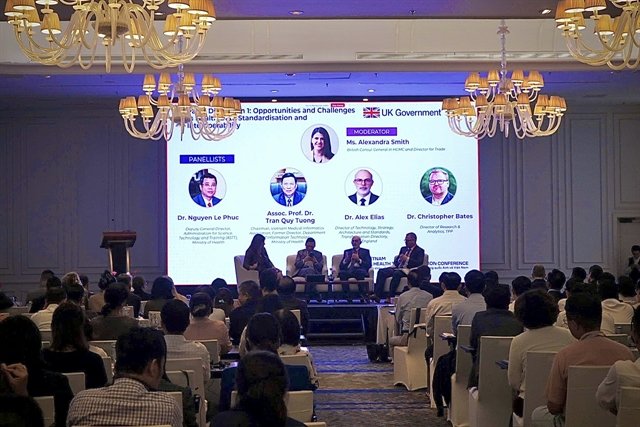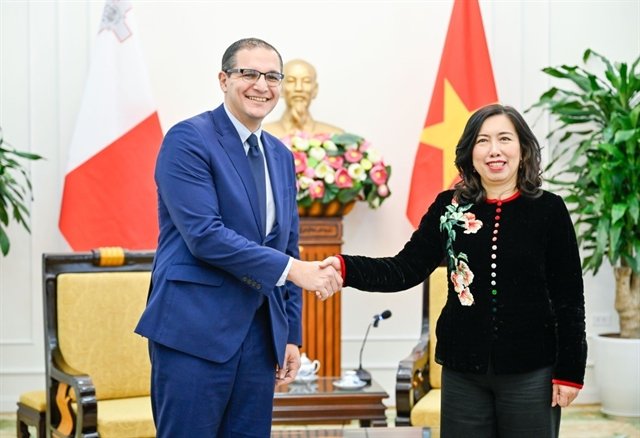Hanoi, April 13, 2025 – The Europe Today: Institutional challenges that hinder national development must be thoroughly addressed in the process of implementing the Party’s policies, Prime Minister Phạm Minh Chính emphasised while chairing the Government’s monthly lawmaking session on Sunday.
The Prime Minister highlighted that considerable time and effort have been devoted to building and refining the country’s legal and institutional framework, which he described as one of Việt Nam’s strategic breakthroughs.
Since the beginning of the Government’s term, a total of 35 thematic sessions on lawmaking have been convened, including three held in 2025 alone. These sessions reviewed and provided feedback on 18 draft laws, ordinances, and resolutions.
PM Chính underscored that the development of the institutional framework is becoming increasingly systematic, professional, innovative, scientific, and practical. He stressed the importance of streamlining administrative procedures, promoting decentralisation and delegation of authority, while ensuring effective resource allocation, inspection, and supervision.
During the meeting, Government members reviewed and gave opinions on four draft laws and two draft resolutions from the National Assembly (NA).
One of the key discussions focused on the draft amendment to the Law on Vietnamese Nationality, particularly on provisions concerning the naturalisation and restoration of nationality, with the aim of making these processes more open and accessible.
Another significant topic was the draft amendment to the Penal Code. Government officials deliberated on issues including capital punishment, monetary penalties for legal violations, high-tech crimes, and commercial fraud. Attention was also given to the legal handling of violations emerging from new and experimental science-technology business models.
Participants also discussed a draft NA resolution concerning the establishment of regional and international financial centres (IFCs) in Việt Nam. Feedback was provided on special, breakthrough policies needed to develop IFCs that meet international standards. These included discussions on operational models, dispute resolution mechanisms, and strategies to attract global talent and investment.
On the pilot NA resolution for social housing development, officials concentrated on solutions to enhance home ownership opportunities for low-income workers and industrial park employees. The potential role of labour unions in this initiative was also examined.
Additional discussions involved proposed amendments to the Law on Organisation of Criminal Investigation Bodies and the Law on Handling Administrative Violations, with an emphasis on improving enforcement capabilities.
In his closing remarks, Prime Minister Chính commended the Ministry of Public Security, Ministry of Justice, Ministry of Finance, and Ministry of Construction for their proactive and thorough preparation of the draft laws and resolutions. He also acknowledged the active and constructive contributions of Government members during the discussions.
He directed the relevant ministries to incorporate the feedback received and expedite the finalisation of the legislative dossiers for submission to the National Assembly at its upcoming session next month.
The Prime Minister further instructed Deputy Prime Ministers to closely manage agencies under their purview in refining the draft legal documents. He reiterated the importance of removing institutional bottlenecks that restrict national growth and production capacity, and of mobilising all societal resources for development.
The decentralisation and delegation of authority, he added, should be implemented to the maximum extent possible, paired with appropriate oversight and accountability mechanisms. Furthermore, procedures for handling administrative violations must be clearly defined to ensure effective enforcement and regulatory clarity.














